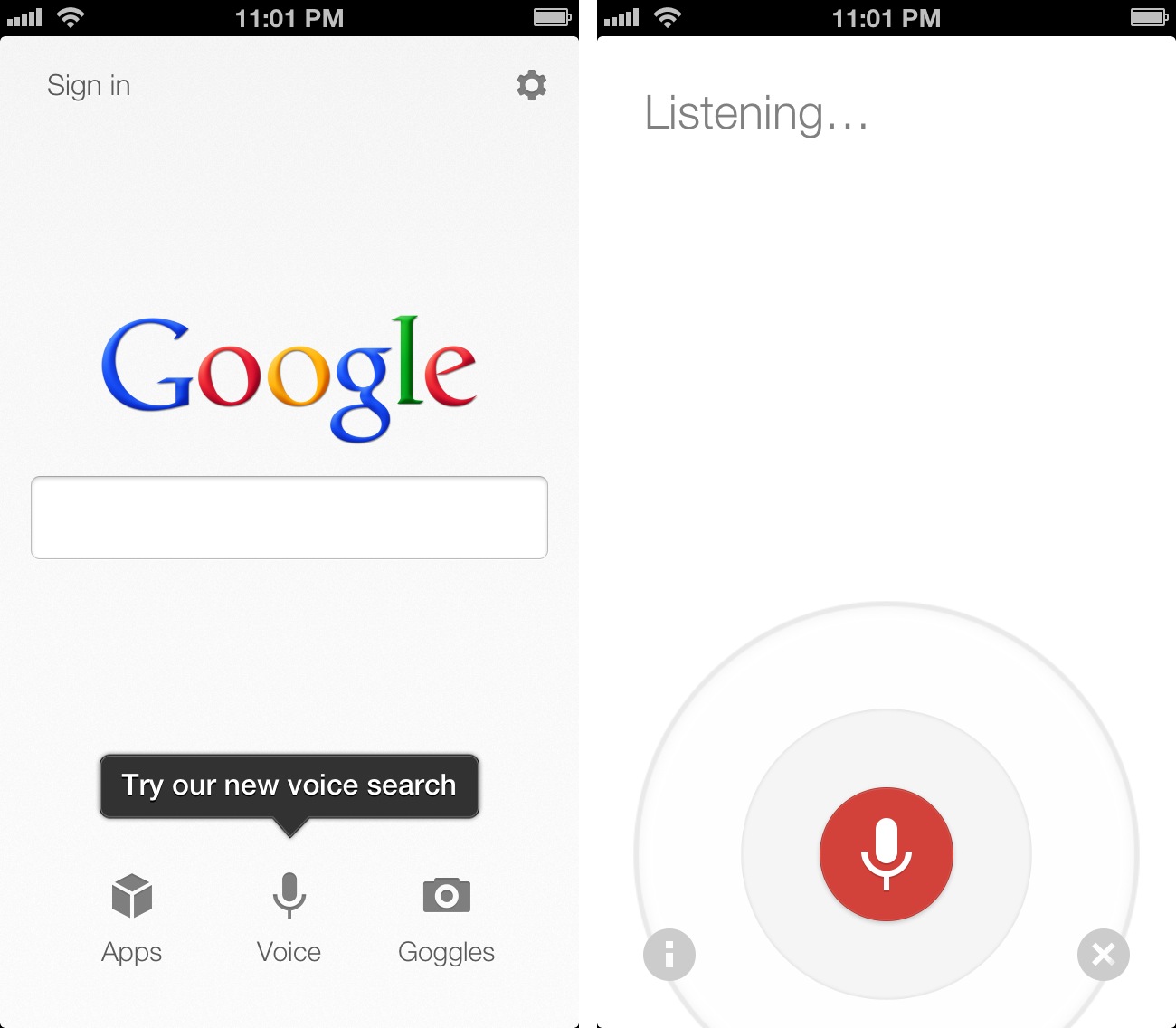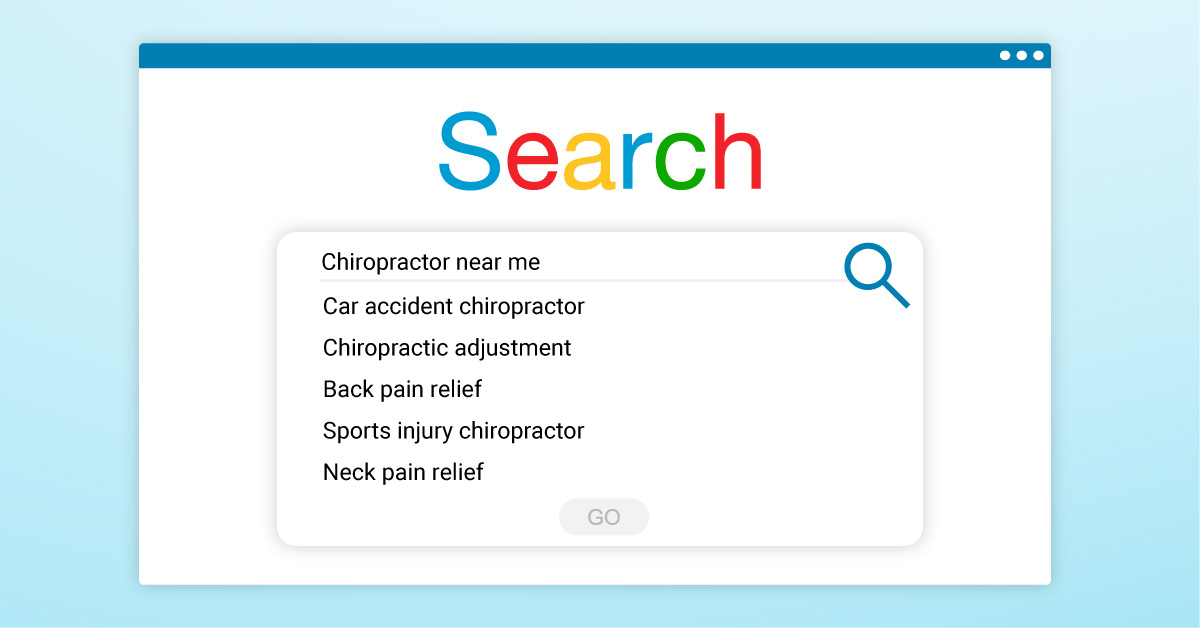Siri, Google Now, Cortana & Your SEO
By: Andrew Martindale
Thanks to Apple’s marketing, Siri is pretty much a household name. Everyone knows the voice of the (mostly) helpful personal assistant that comes packaged with most Apple devices, but what some people don’t realize is that Siri is essentially a glorified search algorithm and she’s not the only player in town. Google’s knowledge graph and Google Now search algorithm have become more and more evident in search results for some time now, and this year Microsoft threw their hat into the ring with Cortana.
Most people realize that these programs work by turning questions or instructions into relevant search queries, but what exactly does this mean for SEO?

Perhaps the most pertinent part of their functionality is their use of the Knowledge Box, or their ability to directly answer a user query rather than present them with a search result. In a recent study, Google Now searches produced a knowledge box answer to 58% of informational queries which eliminated the need for users to click through to websites. Siri and Cortana lagged behind at 29% and 20% respectively but still bypassed the need for a click through in a significant portion of searches. Now, for many website owners, small businesses in particular, this does not necessarily mean that knowledge box searches are something you need to be scared of. The kinds of searches currently producing knowledge box results are more along the lines of “What is 5 miles in kilometers” and less “Find me a local dentist.” The latter search is still going to bring up a list of local dental websites in a more traditional search results list so the possibility of losing customers to knowledge box answers is unlikely.
So, what does all this mean for your SEO?
It’s another nail in the coffin of traditional “keyword based” SEO. If you rank well for “CITY dentist,” you’re going to rank well for “find me a local dentist” when someone makes the search in your city. The algorithms break down the phrase and figure out the essential information being searched for and present websites accordingly, rather than trying to do a keyword search for the phrase as a whole.
When optimizing for these new algorithms don’t try to keyword match what you think are likely phrase searches, instead, make sure that you optimize your website for the services you offer and let Google, Siri, and Cortana figure out when a phrase is looking for them. To be honest, they’re better at it than you are.
The most important thing is to make sure that your local SEO is complete. It’s very important to double check that you have a verified listing on Google maps and even Bing maps, if you can get it. If you can get a few customers to leave reviews on them it can only help. Check that you have proper schema.org markups on your address information and that you have your location settings in webmaster tools verified. Last, but by no means least, make sure that your site is mobile friendly. Though Cortana will be bundled with Windows 9, the majority of these searches are being performed on mobile devices. Google dramatically prioritizes responsive design and mobile friendly sites in these search results, and all signs are that Bing (which powers both Cortana and Siri) is following suite.
Find out if your website is mobile-responsive. Call 1-800-IMATRIX to speak with an Internet Marketing Consultant for a website evaluation.
Tweet
(function() {
var po = document.createElement(‘script’); po.type = ‘text/javascript’; po.async = true;
po.src = ‘https://apis.google.com/js/platform.js’;
var s = document.getElementsByTagName(‘script’)[0]; s.parentNode.insertBefore(po, s);
})();



